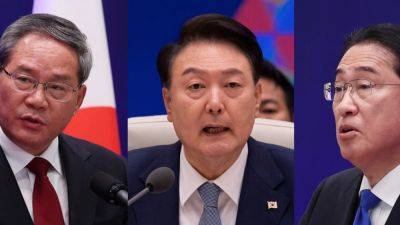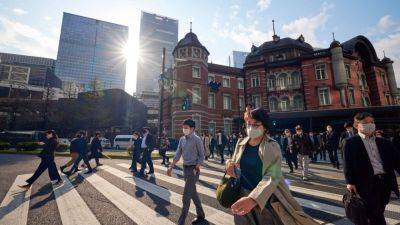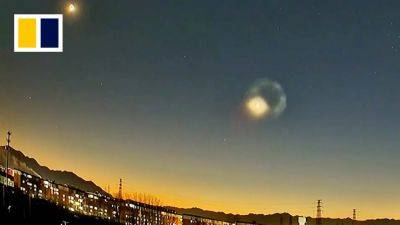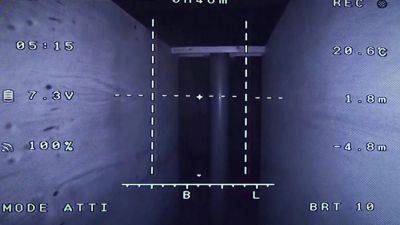In Japan, cash-strapped town fears nuclear waste dump will turn it into a ‘graveyard’
But for most locals, anti-nuclear campaigners, and Akiko Makise – a councillor in neighbouring Tosu City – the danger is simply not worth the money.
“Radioactive materials will be left behind that are beyond the scope, capacity and time of mankind to process” if the facility is built, Makise told This Week in Asia.
“We will have to live with constant uncertainty, the threat of not knowing if or when we will have to flee, whether we will be informed of problems at the facility or whether we will ever be able to return to our homes.”
Genkai Mayor Shintaro Wakiyama on Friday approved a feasibility survey for the construction of an underground chamber storing hundreds of tonnes of nuclear waste that will emit high levels of radiation for thousands of years.
“I spoke with evacuees from Fukushima about the situation close to their homes, and they told me things the media never reported,” she said. “I quickly reached the conclusion that we need to stop using nuclear power as soon as possible.”
Makise, who previously worked alongside her husband in a restaurant in Tosu, a city south of Genkai, also opposes the town’s nuclear plant site that opened in 1975 and is operated by Kyushu Electric Power.
Home to around 4,900 people, Genkai relies on handouts from the power company as it grapples with a shrinking and ageing local population and the consequent loss of businesses and tax revenue.
“As long as the Genkai plant is in operation, it will bring in 6 billion yen (US$38.8 million) of the town’s annual 10 billion-yen budget,” Makise said.
With other towns across Japan refusing the government’s requests to store waste from the nation’s energy plants, even more money is on offer to Genkai, which will receive 2 billion yen in subsidies over







